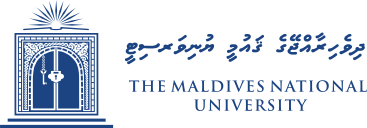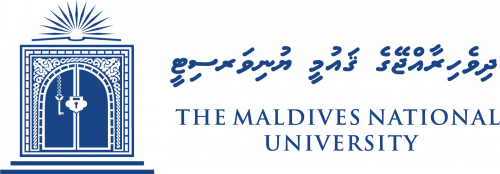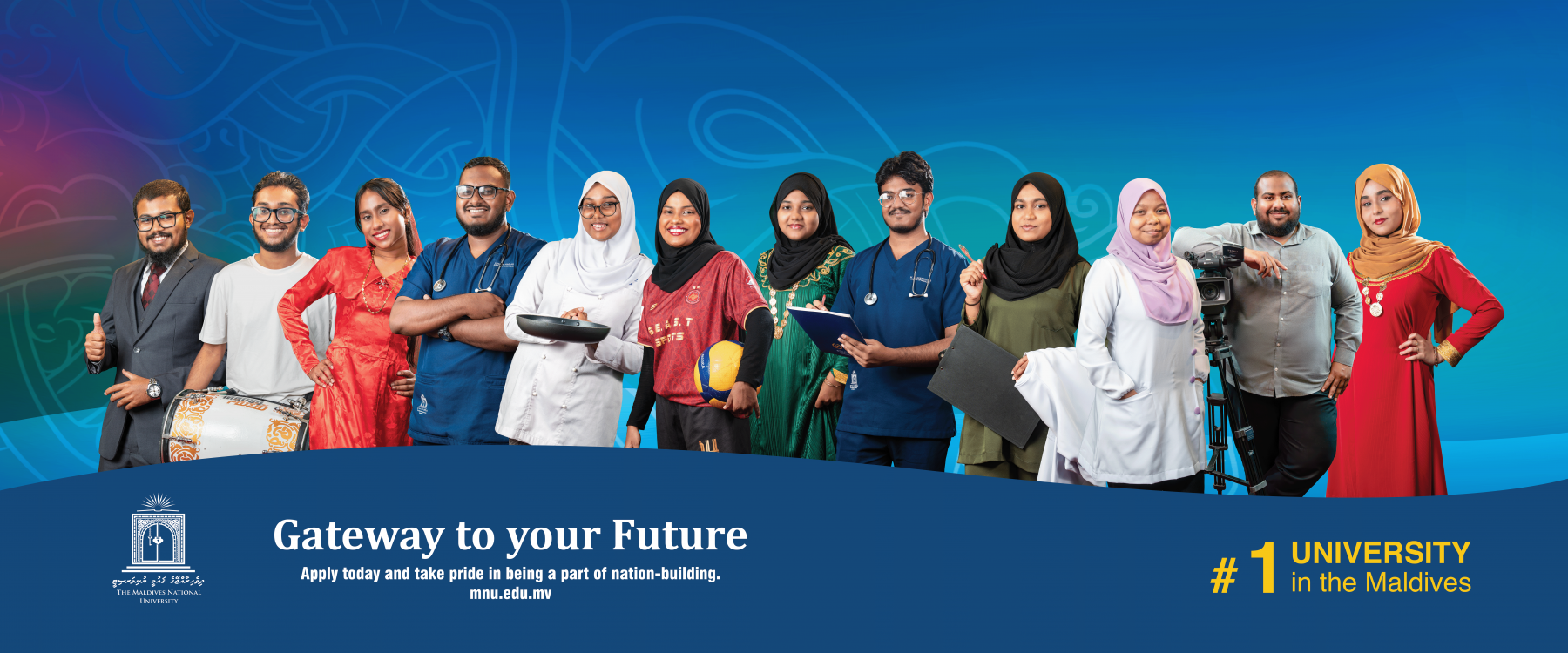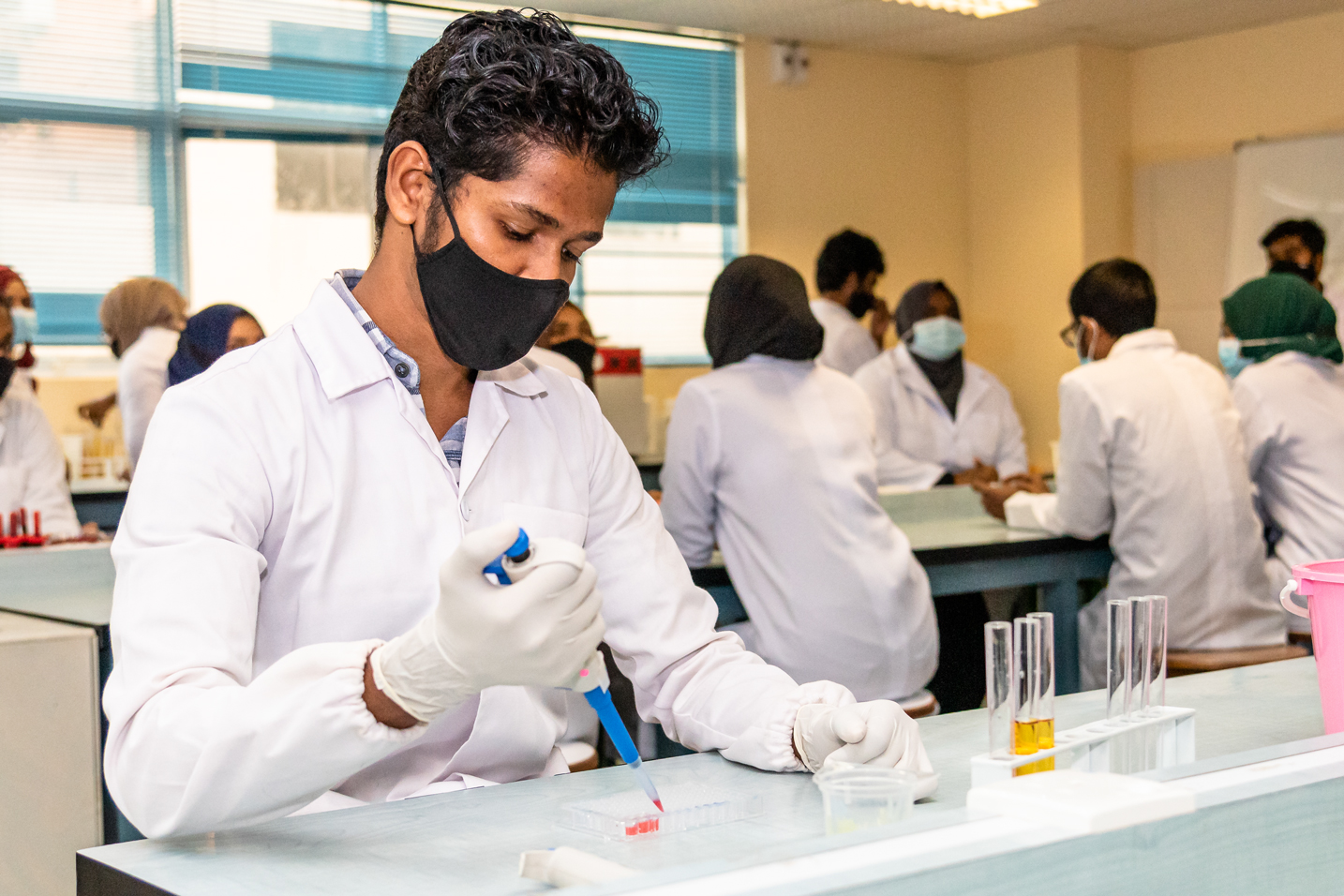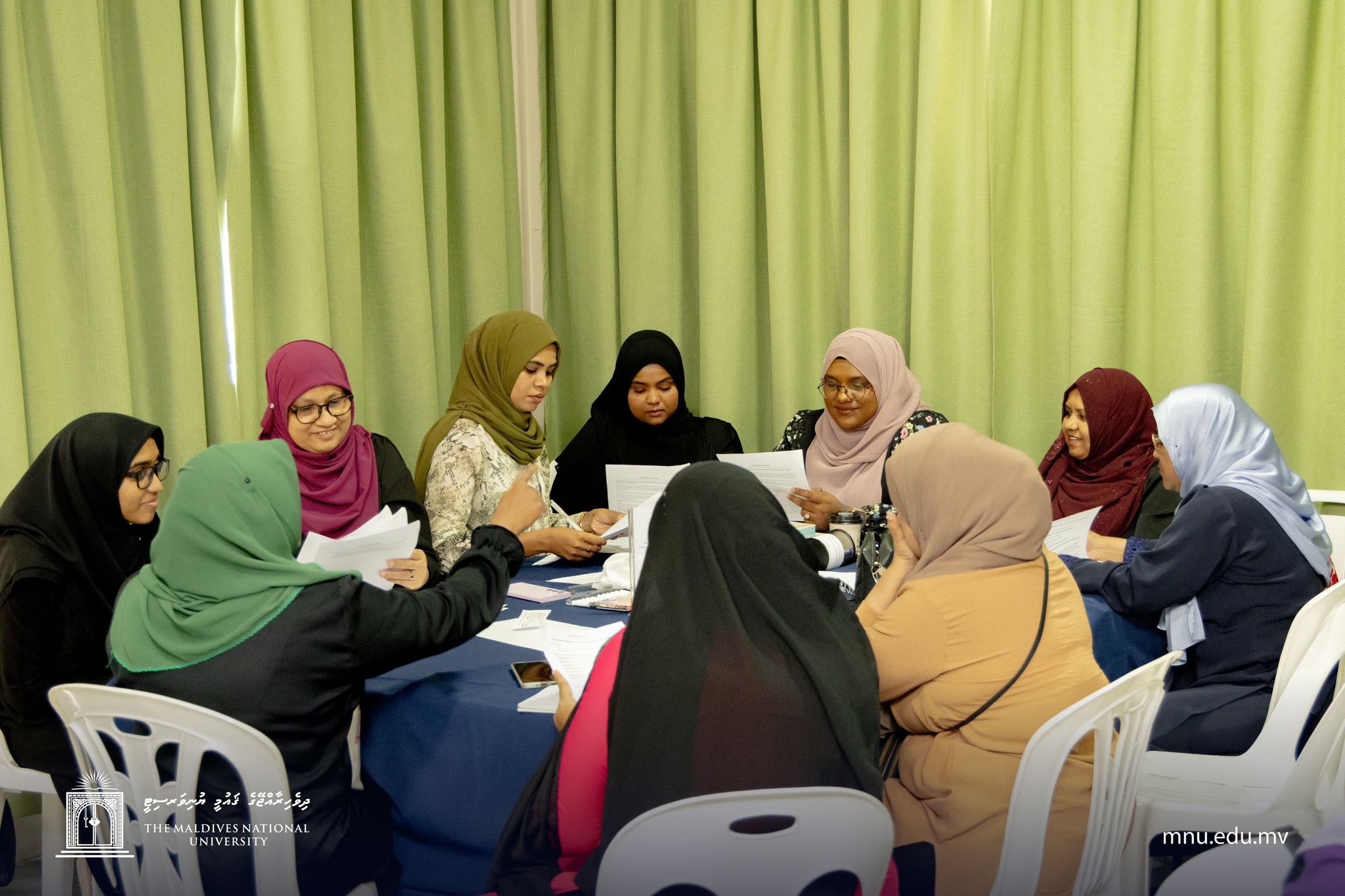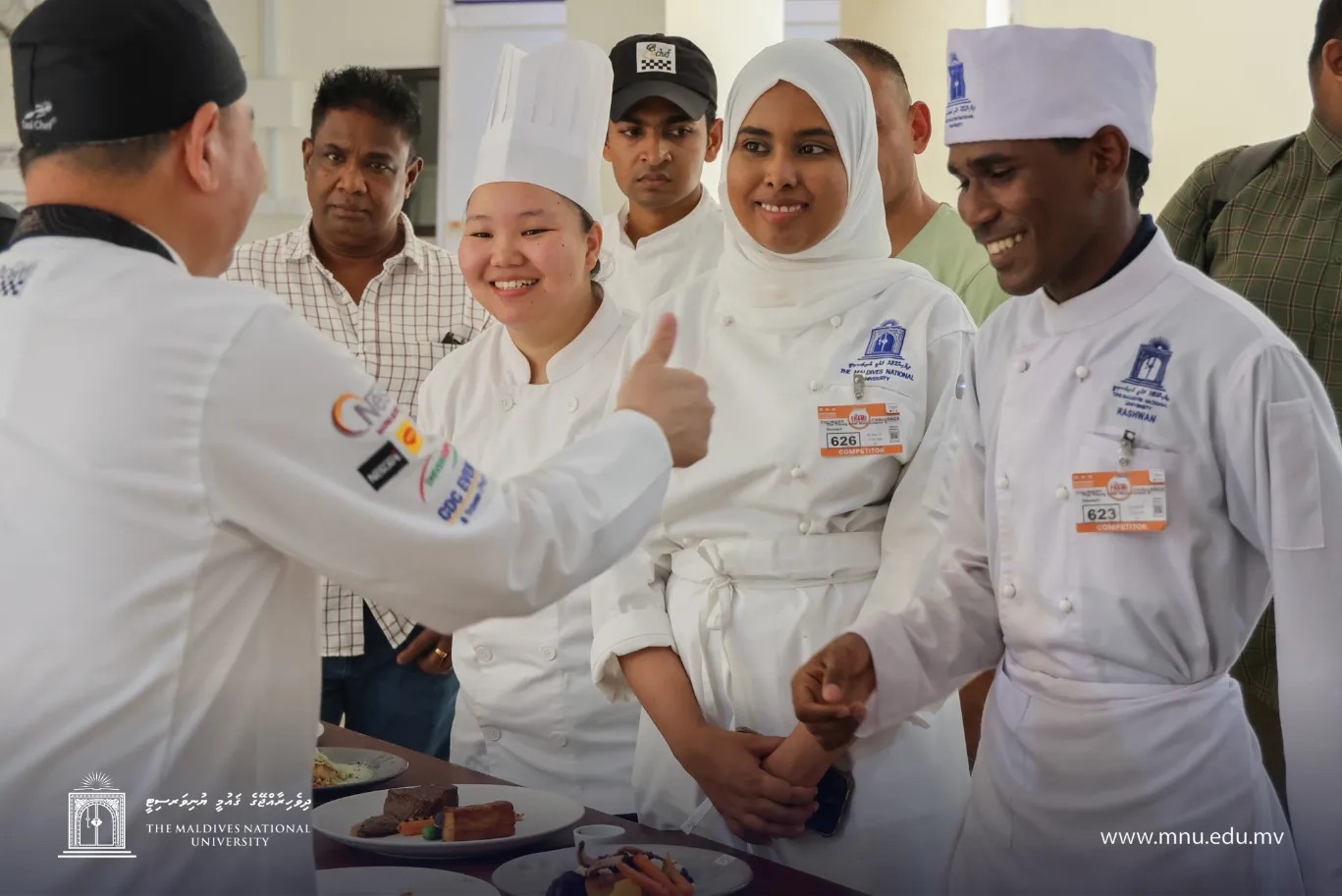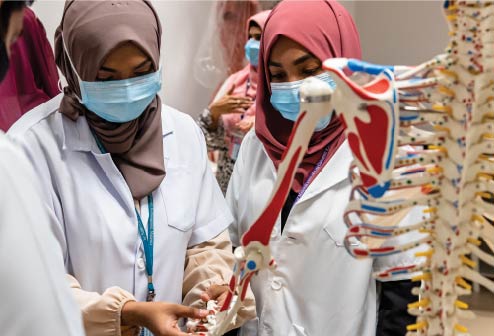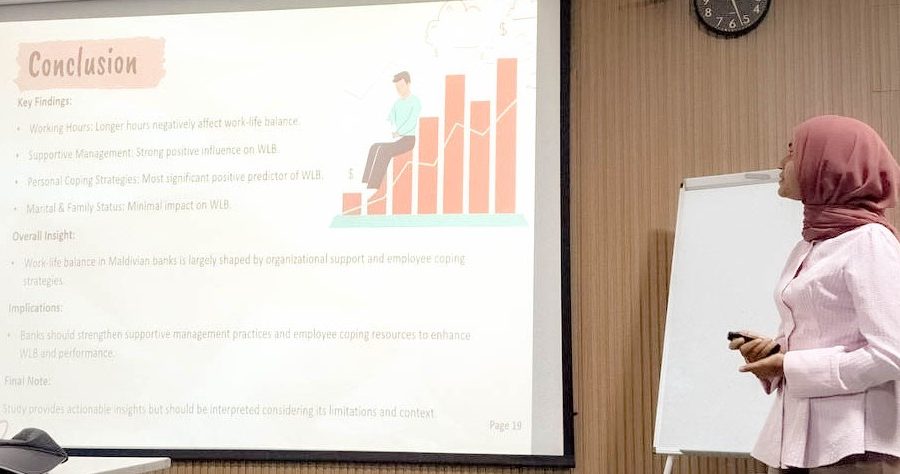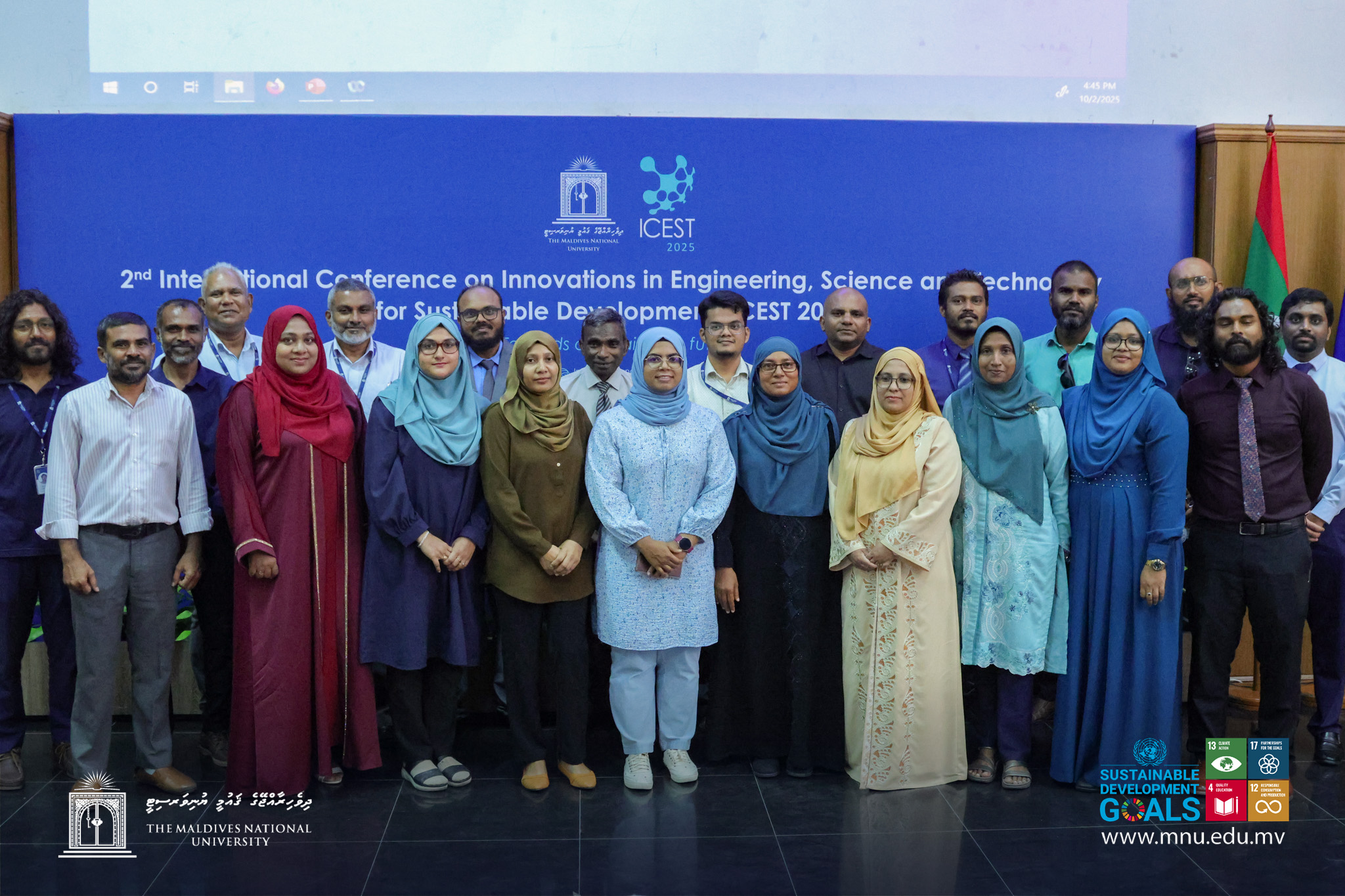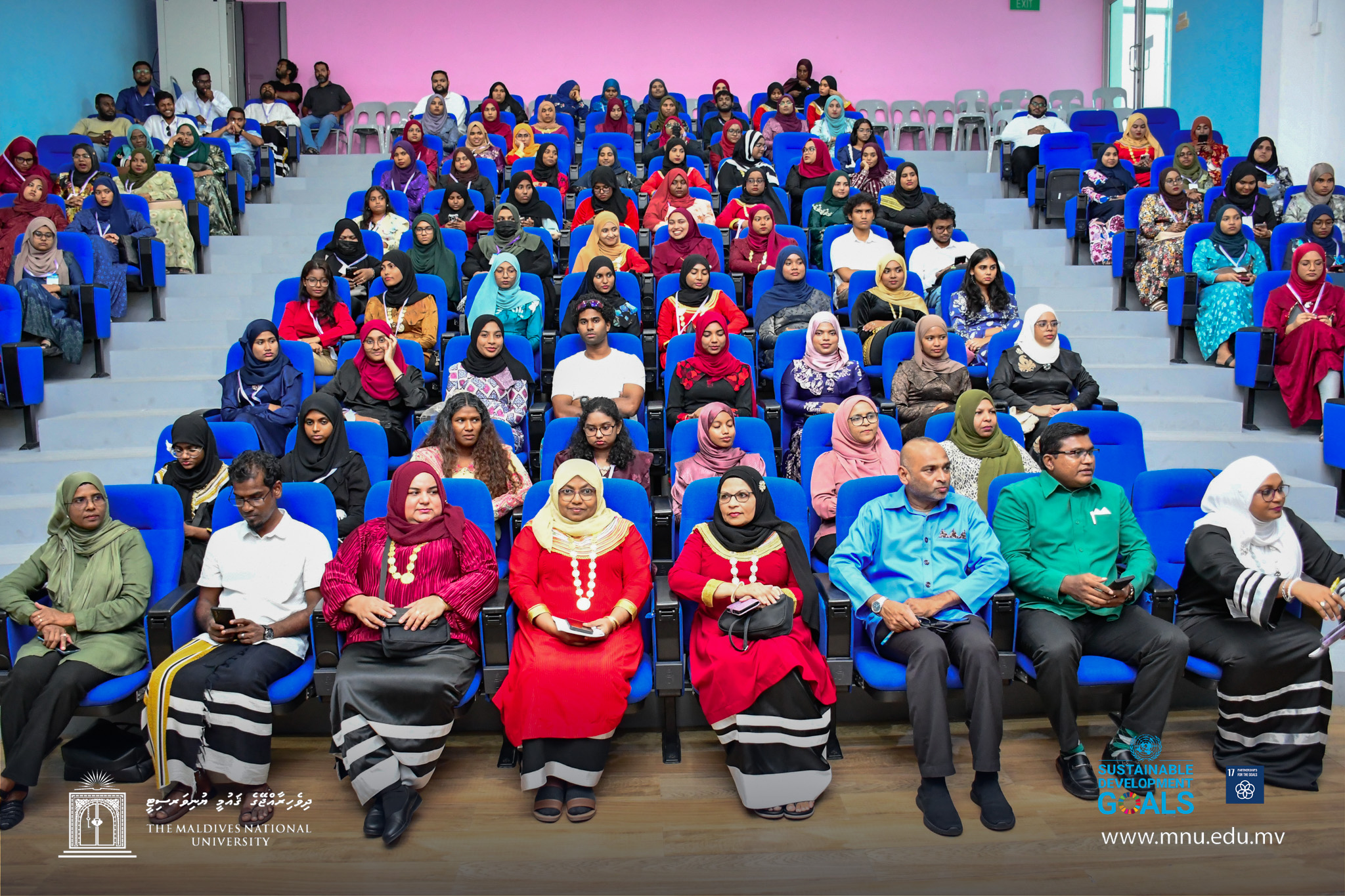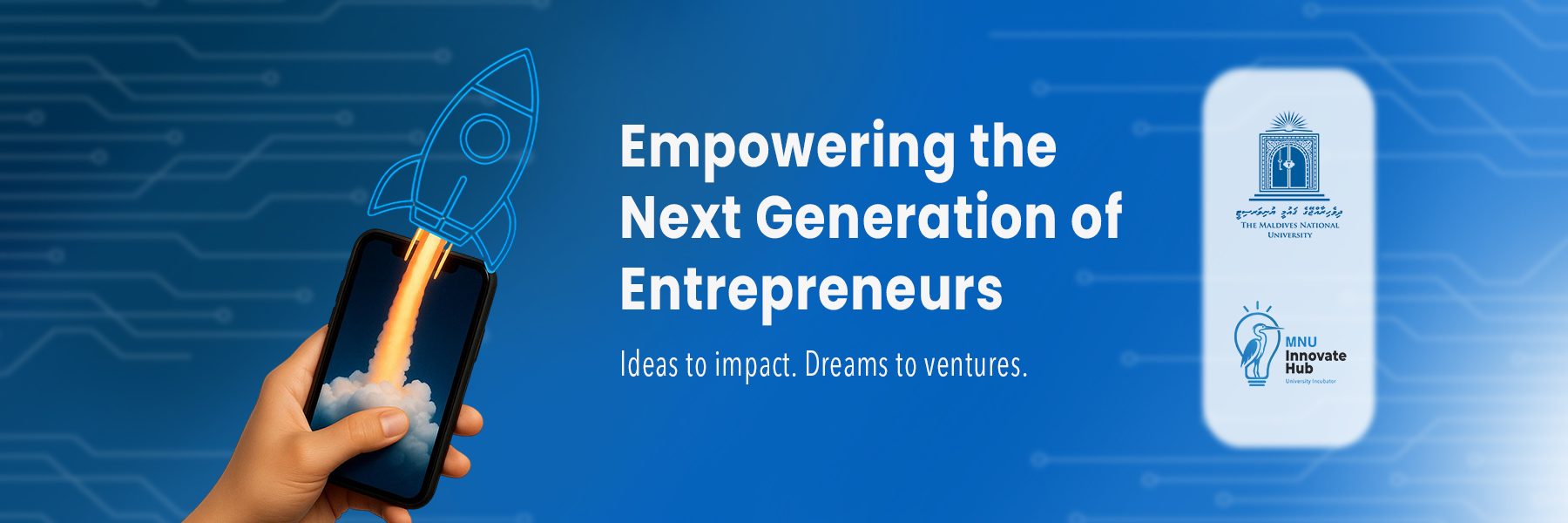Graduates students from Engineering, Architecture, Science and Computer Science/Information Technology undertake supervised placements in relevant professional environments relevant to their fields of study.
Engineering students gain essential hands-on experience through placements across industrial construction and technical settings.Their structured industrial training that rotates them through divisions within partner organisations, such as mechanical workshops, electrical installations, civil construction sites, utilities infrastructure, and manufacturing plants. Field surveys, site assessments, and community-based engineering projects further support their practical learning.
Architecture students obtain practical exposure through immersive placements in architectural firms, construction companies, and government planning agencies. Their training includes rotations across multidisciplinary teams involved in design development, drafting, urban planning, interior design, and site supervision. This ensures exposure to a wide range of real-world environments, including residential projects, commercial developments, heritage sites, landscape design, and public infrastructure.
Science students complete practical training across laboratories, research centres, environmental monitoring units, and diagnostic facilities. They rotate through specialised labs in areas such as microbiology, chemistry, environmental science, marine science, and biotechnology. Science students further extend their field experience through environmental surveys, marine sampling expeditions, ecological assessments, and community-based scientific outreach. This integrated training supports the development of critical scientific competencies including analytical reasoning, laboratory safety, scientific reporting, and research-driven decision-making.
Computer Science and IT students gain practical industry exposure through placements in software companies, IT departments, telecommunications providers, and digital service providers. Students rotate through multiple functional areas including software development, database administration, network operations, cybersecurity, systems analysis, and technical support enabling broad exposure to the real world IT environments. They also contribute to community digital projects supporting local institutions with IT solutions, system upgrades, and digital transformation initiatives.
This comprehensive training approach strengthens competencies in problem-solving, leadership, teamwork, critical thinking, project management and technical decision-making. MNU-trained engineers, architects, scientists and IT professionals now form a significant part of the national workforce serving in notable public and private sector institutions in their respective fields.
